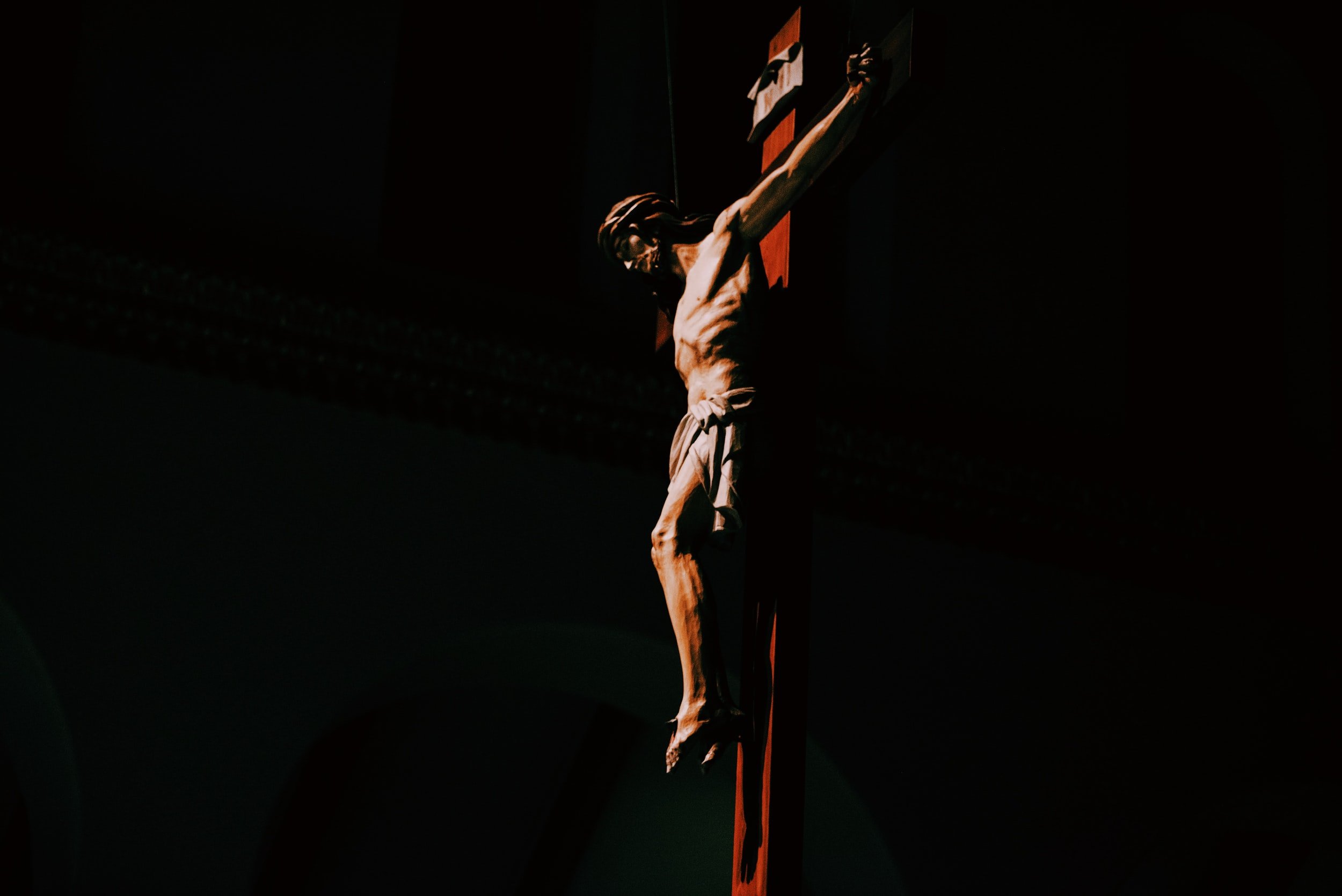The Second Day
Genesis 1:6-8
6 And God said, “Let there be an expanse in the midst of the waters, and let it separate the waters from the waters.” 7 And God made the expanse and separated the waters that were under the expanse from the waters that were above the expanse. And it was so. 8 And God called the expanse Heaven. And there was evening and there was morning, the second day.
Once you see the pattern in Genesis Chapter 1, you’ll never unsee it: God creates through separation (and it’s a separation of increasing complexity):
Light from Dark;
Waters from Waters;
Waters from Land;
Land from Plants;
Etc.
It’s elegant in its simplicity and power.
When God begins to create, all that’s there is a watery mess of nothingness—chaos. So, after he creates Light on Day One, God begins to bring order to the waters of chaos, and he does so by first separating the waters into upper waters—”sky” or “heavens”—and lower waters, which (we learn on Day Three) are covering the land. He separates the waters above and the waters below with a “firmanent”—a strange Hebrew word that means a hammered-out, flat, hard thing. (Think huge manhole cover or piece of hard glass, like a gigantic car’s windshield, or the dome of a gigantic snow globe.) So, the ancient Israelites believed that the sky was this hard firmament which got its blue color from the waters above it. From time to time, the firmament’s windows would open and would release the waters above onto the land below (which is uncovered on Day Three)— in other words, rain.
Now, we “know” that the sky is not hard, and that the space beyond our atmosphere is not actually liquid, but Genesis is not trying to provide what we might call a “scientific” understanding of reality, but a moral and theological understanding (which I believe is more valuable anyway, but that’s a topic for another day).
So, think about it: the amazing thing about the universe is not only that it exists, but that is has a form and a shape and is intelligible—it has meaning. That’s what God did—he made something out of nothing, and gave it a meaningful order. Today, no matter where you are in the universe, the laws of physics still apply. That consistency and intelligibility doesn’t have to be there, but that’s how God made things to be.
Today, he still does that. Why not pray that God makes this day meaningful to you?

























